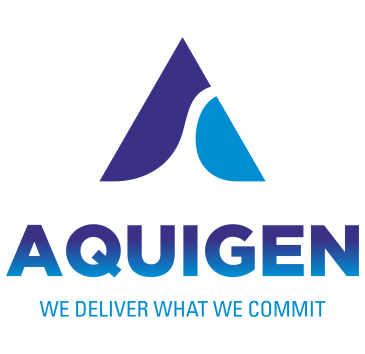
Medicinal Chemistry & Drug Discovery
Understanding Medicinal Chemistry & Drug Discovery
New Chemical Entity (NCE)
“Developing and launching a new drug typically involves a time frame of 10-15 years and a financial investment exceeding $1 billion. Medicinal chemistry is pivotal in this extensive process.”
Unlocking the Potential of Medicines

Unlocking the Potential of Medicines
Modern Drug Discovery
Modern Drug Discovery encompasses the recognition of screening hits and the utilization of medicinal chemistry to enhance these hits. The optimization focuses on increasing the compound’s affinity, selectivity (to lessen the likelihood of side effects), efficiency/potency, metabolic stability (for an extended half-life), and oral bioavailability. The drug development process proceeds once a compound meeting all these criteria is identified. If successful, it then transition into the stage of clinical trials.

The possible impurities during the synthetic process of a therapeutic peptide include the following:
Insertion
Insertion can lead to an addition of extra amino acids in the peptide chain, affecting the desired structure, function, and interaction of the synthesized peptide causing potential complications in the therapeutic uses.
Deletion Sequence
During peptide synthesis, the deletion sequences result in missing amino acids altering the bioactivity of the peptide, impacting the overall effectiveness or safety of the peptide-based therapeutic.
Modification Sequences
Impurities might occur from unintended side reactions, modifying the original sequence. These sequence modifications can affect the therapeutic peptide's stability, binding ability, and pharmacokinetic properties.
Incomplete Deprotection Sequences
Incomplete deprotection sequences result in residual protecting groups on the peptide, which can interfere with its intended biological activity and reduce pharmaceutical efficiency.
Racemization
Racemization can cause chiral inversion of amino acids, altering the peptide configuration. This may affect the binding configurations, reducing the therapeutic efficacy, and even lead to undesired side effects.
Purification Methods or SPPS
Inaccuracies in purification processes or SPPS can lead to the presence of by-products and unreacted reagents, compromising the purity and potency of the final therapeutic peptide.
FAQs About Medicinal Chemistry
What are the 4 Stages of Drug Discovery?
The process of drug discovery is a structured and intricate one, often divided into distinct steps for effective execution. These stages allow for a ystematic validation and development of potential therapeutic drugs, which are outlined below:
- Early Drug Discovery
- Pre-Clinical Phase
- Clinical Phases
- Regulatory Approval
Synthetic Capabilities of Aquigen Bio Sciences
Aquigen Bio Sciences boasts advanced synthetic capabilities, equipping the team to tackle complex pharmaceutical challenges. Our expertise lies in synthesizing intricate molecules, ensuring efficiency while maintaining the highest quality in the drug discovery process.
- Complex molecules from milligram to multigram
- Reference compounds and scaffold synthesis
- Small molecules; Analogues for lead generation; Lead optimization
- Focused Libraries: 50-100
- Large Libraries: >500
- Multi-step stereoselective synthesis of chiral molecules
- Expertise in handling photo-chemical reactions
- Chemoenzymatic and resolution techniques for chiral molecules
- Metabolite synthesis

